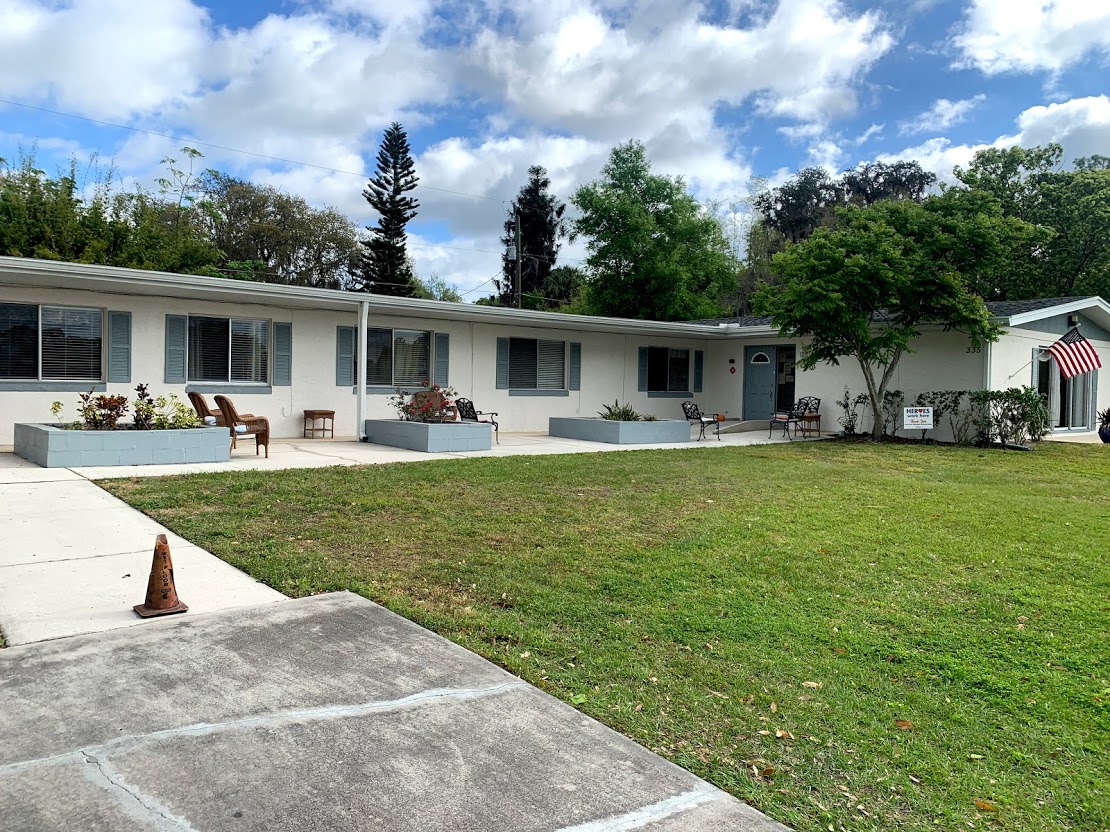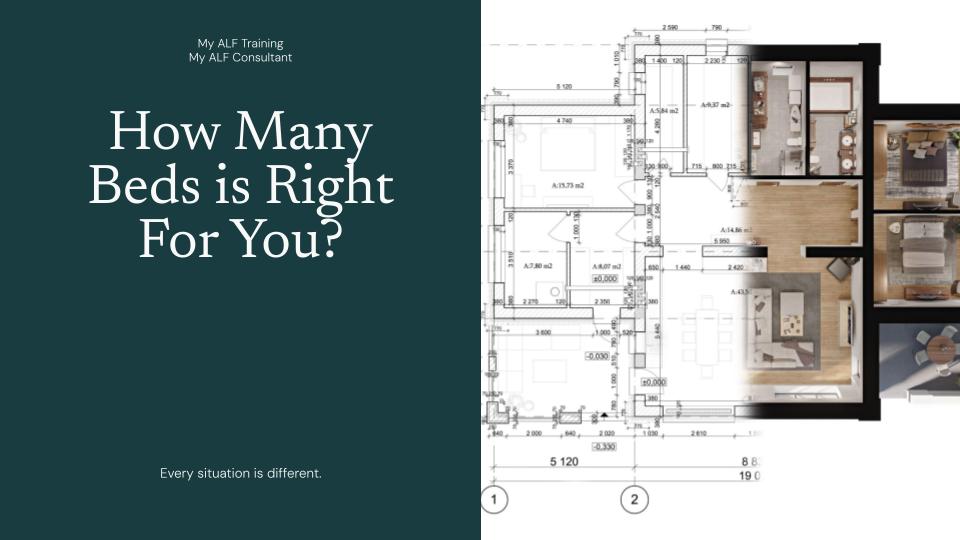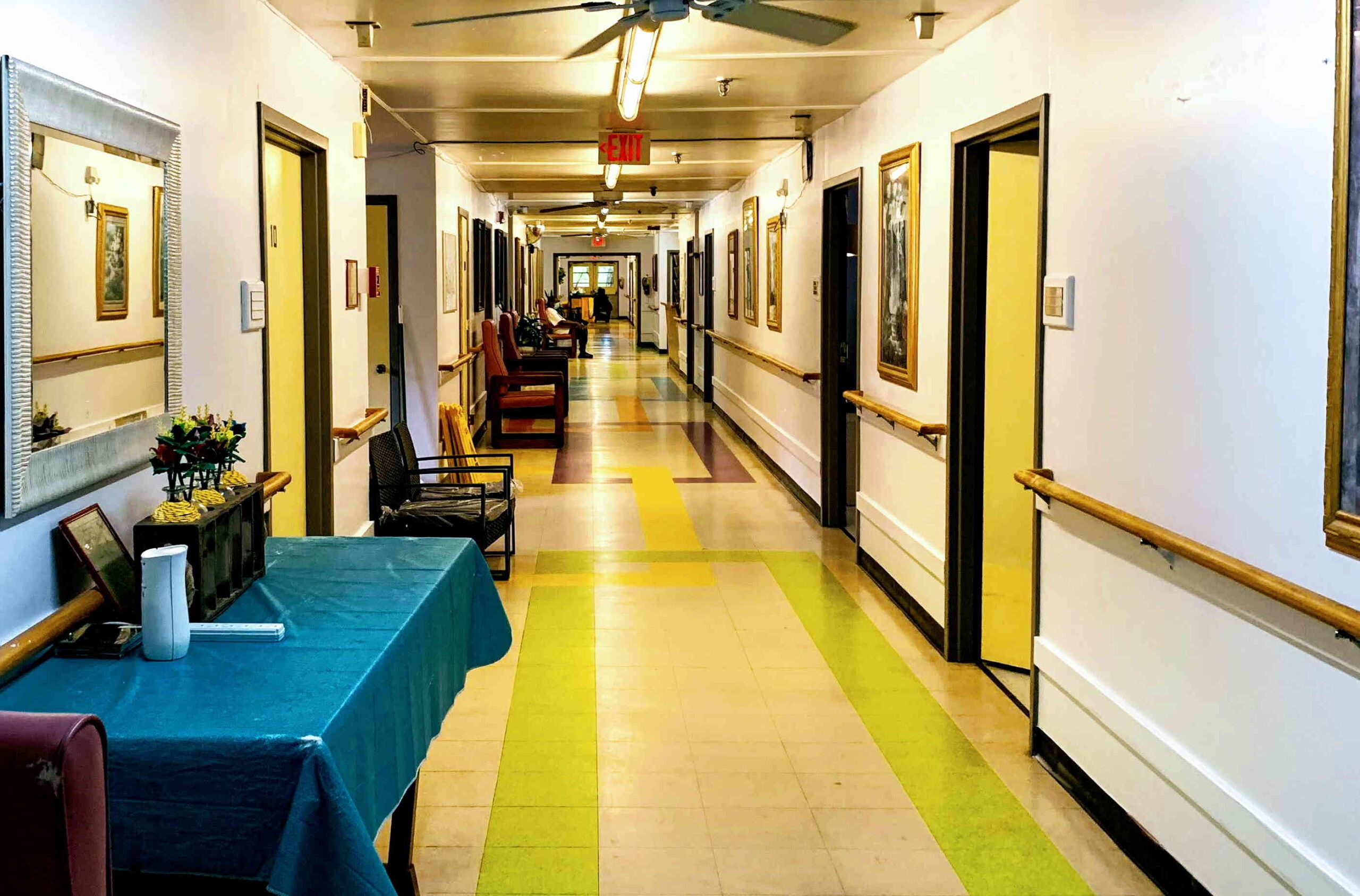Assisted Living Research Other 3rd Party Vendors
Medical and health-related services form the backbone of a high-quality assisted living facility (ALF). Unlike hospitals or skilled nursing facilities, ALFs are not primarily medical institutions, but they play a critical role in maintaining residents’ health and well-being. Providing access to essential medical services ensures residents can age in place safely, reduces hospitalizations, and offers peace of mind to families. In this post, we’ll explore the key medical services that every ALF owner should understand and incorporate into their operations.
Visiting Healthcare Providers: On-Site Medical Support
One of the most valuable services an ALF can offer is access to visiting healthcare providers. These professionals visit residents in the facility, reducing the need for transportation to off-site medical appointments. Common visiting providers include:
- Nurse Practitioners (NPs) and Advanced Registered Nurse Practitioners (ARNPs): Offer primary care services, conduct routine check-ups, and monitor chronic conditions.
- Physicians: Some facilities have arrangements with medical doctors who provide regular visits or are available on-call.
- Podiatrists: Foot care is critical for elderly residents, especially those with diabetes. Podiatrists can manage issues like foot ulcers and ingrown toenails.
- Psychiatric Nurses and Mental Health Providers: Address mental health needs such as depression, anxiety, and dementia-related behaviors.
These providers often bill Medicare, Medicaid, or private insurance directly, ensuring cost-effective care for residents and a streamlined process for the facility.
Mobile Laboratory and X-Ray Services: Diagnostics at the Door
Residents often require diagnostic tests such as bloodwork, x-rays, or urinalysis. Partnering with mobile laboratory and radiology services ensures that these needs are met without the disruption of off-site appointments. Key considerations for facility owners include:
- Order Submission and Scheduling: Understand the intake process for submitting physician orders and scheduling visits.
- Supply Chain Management: Ensure the laboratory provides necessary supplies (e.g., urine collection kits) or establish alternative sources.
- Response Times: Work with providers who can offer prompt service, especially for urgent diagnostic needs.
Mobile diagnostics enhance resident care by providing timely results, which help healthcare providers make quicker, more informed decisions.
Long-Term Care Pharmacies: Tailored Medication Solutions
Managing medications is one of the most complex aspects of operating an assisted living facility. Partnering with a long-term care (LTC) pharmacy ensures compliance with regulations and enhances resident safety. LTC pharmacies provide:
- Specialized Packaging: Options such as multidose bubble packs, blister cards, or single-dose packaging that simplify medication administration.
- Regulatory Expertise: Guidance on assisted living regulations related to medication storage, labeling, and administration.
- Daily Deliveries: Many LTC pharmacies offer same-day or next-day delivery, ensuring residents never miss a dose.
While residents have the right to choose their own pharmacy, working with a preferred LTC pharmacy can streamline operations and improve accuracy in medication management.
Hospice and Palliative Care: Supporting Residents at the End of Life
Hospice and palliative care services allow residents to age in place with dignity, even as their health declines. These services focus on comfort and quality of life rather than curative treatment. ALF owners should understand the following distinctions and logistics:
- Palliative Care vs. Hospice: Palliative care can begin at any stage of illness and often includes symptom management, while hospice is reserved for residents with a terminal diagnosis, typically with six months or less to live.
- Continuous and Crisis Care: Some hospice providers offer 24-hour care during times of crisis to stabilize residents in their familiar environment.
- Intake Process: Know how to request evaluations and enroll residents in hospice programs, ensuring a smooth transition when needed.
Hospice providers also bring valuable resources like chaplain services and bereavement support, benefiting residents, families, and staff.
Emergency and Acute Care: Planning for the Unexpected
Even with robust healthcare services in place, emergencies happen. ALFs must have a plan for addressing acute medical issues, including:
- Partnerships with Walk-In Clinics and Hospitals: Identify nearby clinics and hospitals, noting their proximity, hours of operation, and services offered.
- Emergency Transport Services: Establish relationships with local ambulance companies and non-emergency transport providers who can handle residents with mobility challenges.
- Staff Training: Ensure staff are trained in basic life support, first aid, and recognizing early signs of medical emergencies.
Having these protocols in place ensures swift action in emergencies, safeguarding residents’ health and minimizing liability.
Conclusion
Medical and health services are essential to maintaining the well-being of residents in an assisted living facility. By fostering partnerships with visiting healthcare providers, mobile diagnostic services, LTC pharmacies, and hospice care, ALF owners can offer comprehensive care that enhances residents’ quality of life. In the next post, we’ll explore operational services, including staffing, maintenance, and food service, that are crucial for a smoothly run facility.







